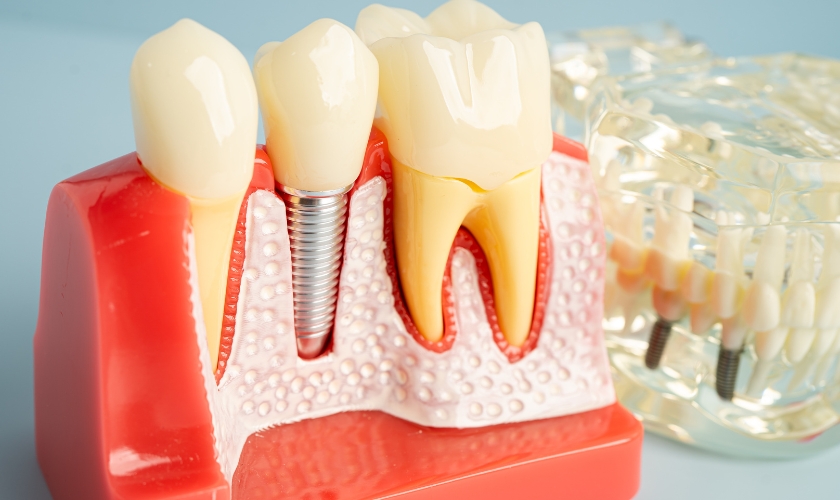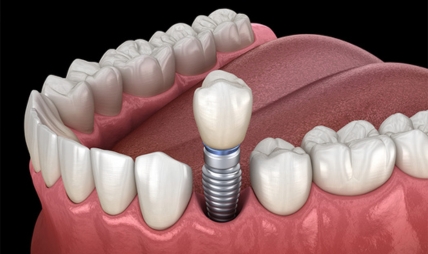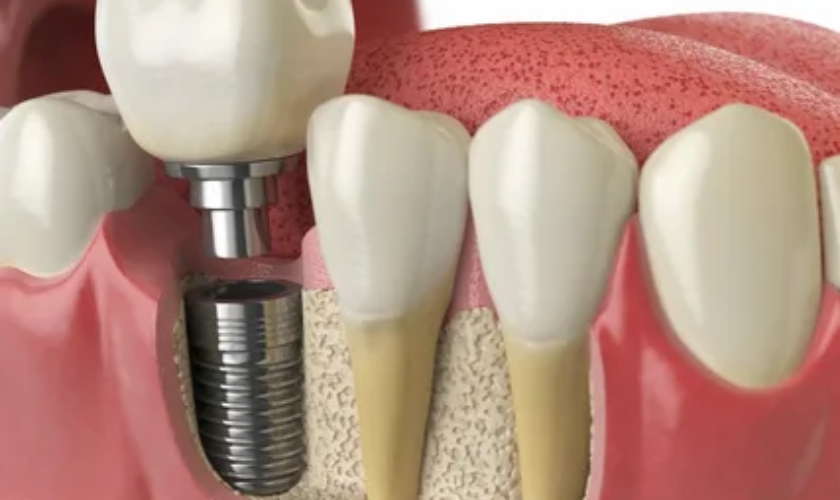8092 Edwin Raynor Blvd # D, Pasadena, MD 21122

Dental implants changed dentistry by giving missing teeth natural support. They’re the gold standard in many patients’ minds. That said, not everyone qualifies right away. Certain issues complicate things, dashing idealistic patients’ hopes.
Missing teeth impact confidence, chewing, and oral health far beyond smile appearance. Advances now make more people think about implants, yet there are risks.
This blog uncovers hidden factors that qualify or disqualify candidates. Then follows a self-checklist, which educates readers on what is required before meeting with a pro.
What’s So Special about Dental Implants?
Dental implants are made up of a titanium post, abutment, and crown, and substitute teeth in a permanent way. They adhere to bone and mimic natural roots. Implants never shift during eating or speaking, unlike dentures. They don’t harm healthy supporting teeth, unlike bridges.
Patients can chew normally once more without adhesives or regular adjustments. Long-term strength makes them an affordable investment. Above all, implants maintain jawbone strength so that no bone loss occurs after tooth removal. They restore function, confidence, and provide full oral stability in contrast to other available treatments.
Primary Factors That Contribute Towards Becoming Eligible
Healthy gums are the basis for holding implants. Proper bone density helps ensure implant stability. In cases of inadequate bone, bone grafting may be required. Patients with disciplined oral hygiene routines have healthier outcomes. Regular brushing and flossing preserve implant longevity.
Systemic health matters as well. Unchecked diseases like diabetes or undiagnosed gum disease can decrease success. Smoking aids interfere with healing and diminish implant stability significantly.
Candidates need to follow lifestyle modification and periodic follow-up with a dentist for monitoring. Health balances, self-restraint, and professional control guarantee a successful outcome.
Self-Assessment Checklist: Are You a Candidate?
Answer these questions honestly before considering dental implants in Pasadena.
Do you have one or more missing teeth? Missing teeth decrease chewing ability and facial aesthetics.
Is the jawbone strong enough to support it? A flimsy bone is a risk of loosening of the implant
Do you brush, floss, and rinse daily? Poor dental hygiene heightens the risk of infection.
Are you free from uncontrolled diabetes or severe gum disease? Chronic illness greatly compromises healing.
Are you a non-smoker or agree to quit for life? Smoking lowers bone integration success.
Will you commit to a lifetime of dental hygiene? Appropriate dental examination protects against outcomes.
If you said yes, then implants can be ideal. However, a professional evaluation is still required. Self-assessment detects readiness but cannot perform in place of diagnostic imaging and treatment planning.
When You May Not Be the Best Candidate
Not everyone is a good fit for dental implants immediately. Patients with uncontrolled diabetes have delayed healing. Osteoporosis also works against bone support and makes treatment problematic.
Heavy smoking and alcohol consumption ruin oral tissues. Severe gum disease induces inflammation and destroys stability. Untreated oral infections release bacteria and threaten implants. Those who do not have sufficient bone typically require grafting before treatment.
Without a sound basis, the dangers of implant failure arise. Professional consultation identifies risks and mitigation strategies. Even bad candidates sometimes fit later after treatment modification.
The Role of a Professional Evaluation
Dental implants in Pasadena require careful examination in addition to self-questionnaires. Dentists utilize X-rays and 3D radiography to determine bone health. Extensive diagnostics depict gum condition, bone density, and nerve location. Treatment plans are tailored to the unique needs of each patient.
Dentists consider medical history, oral condition, and overall well-being. Professional analysis ensures implants fit with long-term success. Professional analysis varies from self-evaluation in that it covers unexpected risks and tailored answers. Patients have a solid map to implant restoration success.
Implants restore smiles, recover function, and ensure long-term oral health. However, success relies on proper groundwork. Self-assessment establishes readiness but can never replace expert judgment.
Consultation confirms true candidacy with contemporary imaging and diagnostics. Begin with confidence. Make an appointment with us today.
New Patients & Emergency
Appointments Welcome!
New Patients & Emergency
Appointments Welcome!




